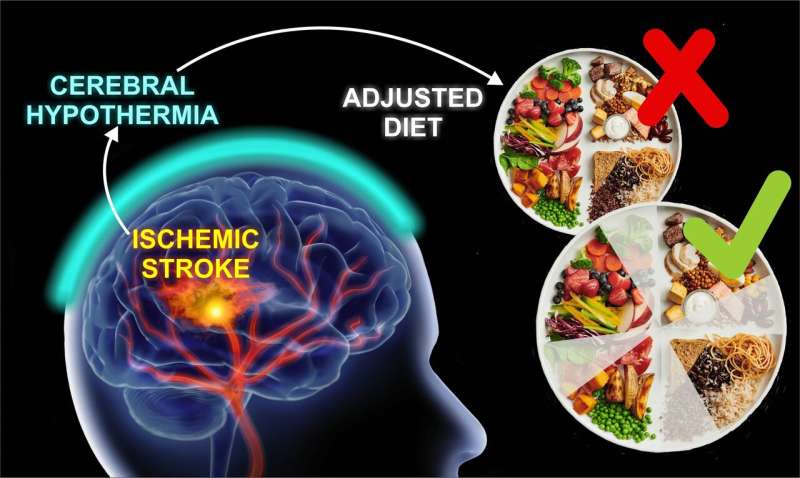
When should I call if I’m concerned about my health? Fear of having another stroke is another very common issue that survivors deal with.Reducing secondary stroke risk should always be a large part of the recovery process, and it’s helpful if your doctor is an active part of the process! What can I do to reduce my risk of a secondary stroke? The underlying reason(s) you had the stroke in the first place will dictate what your doctor recommends concerning any lifestyle or medication changes.Your doctor may want to monitor your lab work, vitals, etc., or just check-in to see how you’re doing. But it’s imperative that you understand when you should come back for a follow-up appointment. When and how often should I follow up? Conversations happen so quickly with the doctor you may leave without making another appointment.It’s also important to understand the side effects of your medications if you start feeling dizzy, nauseous, etc., after taking them.
#Mini stroke after effects how to#
You must understand why and how to take them to reduce your risk. Sometimes you’re taking new medications after your stroke to reduce the likelihood of having another.


For example, having a stroke in the occipital lobe may result in visual changes, while a stroke in the left parietal or temporal lobes can result in speech/language issues. hemorrhagic) and where it occurred can explain a lot about the symptoms you’re experiencing and can provide some indicators of what to expect during recovery.

Where in my brain did my stroke happen? Understanding more about the mechanics of your stroke (ischemic vs.What caused my stroke? Was it high blood pressure or high cholesterol? Was it from something you had no control over, like a hole in your heart (e.g., PFO)? The more you understand, the more appropriate steps you can take to reduce your risk of a secondary stroke (whether lifestyle changes or medical treatment is needed).Use this list as a guide or print it out and take it with you to your next doctor’s appointment! Sometimes it can be hard to know the right questions to ask your doctor after having a stroke, especially if you’re dealing with brain fog and neuro fatigue.


 0 kommentar(er)
0 kommentar(er)
